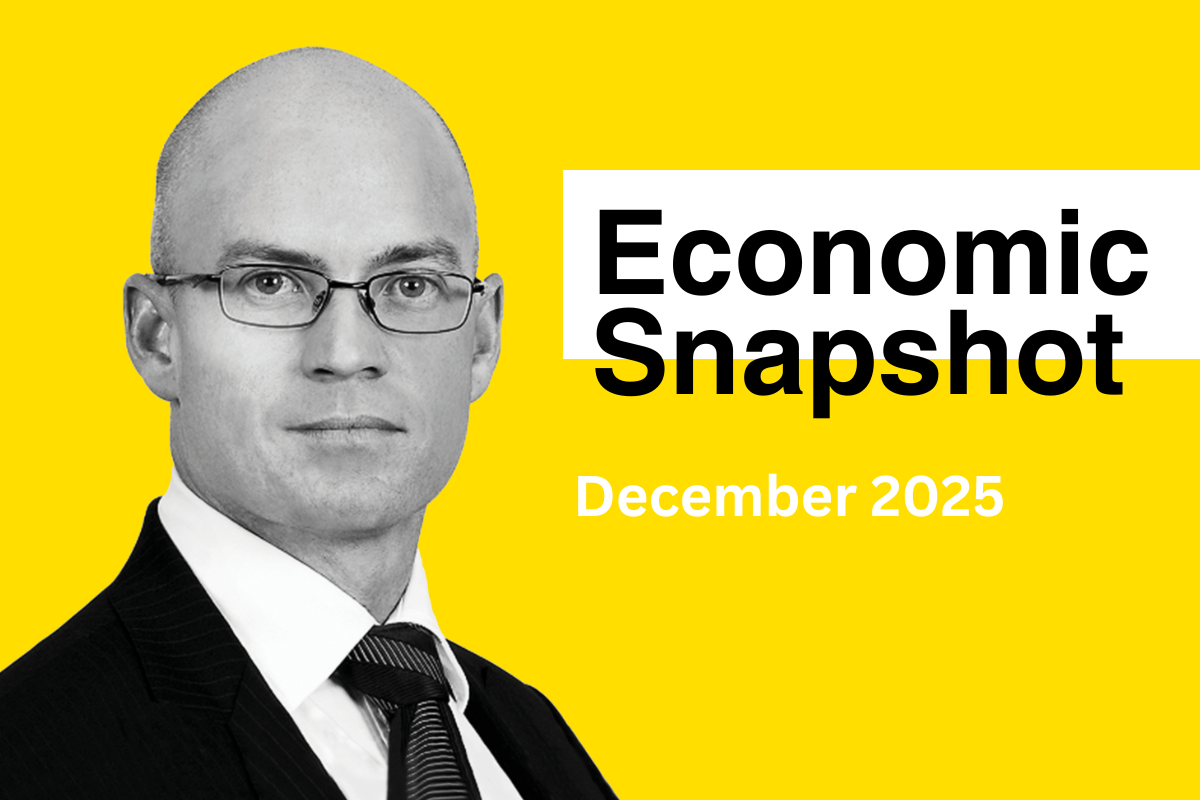Stay Scam Savvy: How to Protect Yourself from Financial Scams

Have you ever received a strange call claiming to be from the tax office, or a text message saying “Hi Mum, I’ve got a new number, can you send money?” If so, you’re not alone. Financial scams have become a part of daily life for many Australians, and scammers are targeting people of all ages – from teenagers to seniors. It’s a worrying trend, but the good news is that with a few simple precautions, you can reduce your risk and outsmart the scammers.
Australians lost billions to scams over the past few years, and scammers are only getting more sophisticated. From fake bank alerts to bogus investment opportunities, the threat is evolving. But don’t panic – by staying informed and cautious, you can protect yourself and your money. This friendly guide will walk you through how to spot scams, keep your personal information safe, and know what to do if you encounter a financial scam.
How to Spot a Financial Scam: Red Flags to Watch For
Financial Scams often come with telltale warning signs. Being able to recognise these red flags is your first line of defence. Here’s what to watch out for:
-
Unsolicited or Unexpected Contact: Be wary if you’re contacted out of the blue by someone claiming to be from a bank, government department, or service provider. Scammers often impersonate trusted organisations via phone, email, or text.
-
Pressure and Urgency: Scammers try to rush you. They may claim your account will be closed or that you’ll miss out on a prize if you don’t act immediately. Genuine organisations rarely demand instant action.
-
Too Good to Be True Offers: Offers of guaranteed money, investments with no risk, or unbelievable prizes should ring alarm bells. If it sounds too good to be true, it probably is.
-
Requests for Personal Info or Payment Details: Banks and government agencies will never ask for sensitive information like passwords or card details via email, text or unsolicited call.
-
Generic Greetings or Odd Details: Phishing emails and texts often use vague greetings (“Dear Customer”) and may contain spelling mistakes or slightly incorrect sender addresses.
If you notice any of these signs, pause and verify before taking any action. Trust your gut – if something feels off, it probably is.
Simple Tips to Protect Yourself from Scammers
Knowing what a financial scam looks like is important, but here’s how you can actively protect yourself every day:
-
Guard Your Personal Information: Keep your personal details private. Shred old documents and limit the personal information you share online.
-
Strengthen Your Passwords and Devices: Use strong, unique passwords and enable multi-factor authentication wherever possible. Keep your software updated to protect against malware.
-
Stop, Check, Protect: Take a moment. Stop and think before acting on a request. Check if it’s genuine by contacting the organisation directly. Protect yourself by reporting scams and changing your passwords if you suspect you’ve been targeted.
-
Verify Any Requests or Offers: Never trust the phone number or link provided in a suspicious message. Look up official contact details yourself to check if it’s real.
-
Take Your Time – Don’t Be Rushed: Scammers want you to act before thinking. Always pause and verify – no legitimate company will rush you into payments or decisions.
-
Be Careful with Unusual Payment Methods: Requests for payment via gift cards, cryptocurrency or wire transfer are major red flags. Stick to safe, traceable payment methods.
Following these habits can make a world of difference when it comes to staying safe.
Common Scams Affecting Australians (and How to Avoid Them)
Here are a few scams you’re most likely to encounter:
-
Phishing Emails and Texts: Fake messages that look like they’re from banks, government agencies, or delivery companies asking you to click a link or update your details. Tip: Never click links in unsolicited messages.
-
Unexpected Phone Calls: Scammers pretending to be from the ATO, Telstra, or your bank, claiming urgent action is needed. Tip: Hang up and call the organisation back using a verified number.
-
Investment and Cryptocurrency Scams: Offers of guaranteed returns or secret investment opportunities, often promoted on social media or by people posing as financial experts. Tip: Only invest through licensed financial providers and never trust “get rich quick” offers.
-
Dating and Romance Scams: Scammers building emotional connections online before requesting money for emergencies or fake investments. Tip: Never send money to someone you haven’t met in person.
-
Fake Jobs and Money Mule Scams: Offers of easy money for little effort, often involving moving funds through your own bank account. Tip: A legitimate job will never ask you to receive and forward money.
Reporting Scams and Getting Help
If you think you’ve been targeted by a financial scam, don’t stay silent. Here’s what to do:
-
Report it to Scamwatch: Run by the ACCC, Scamwatch collects reports to help stop scams. Head to scamwatch.gov.au to report a scam quickly and easily.
-
Contact Your Bank Immediately: If you’ve sent money or shared financial details, your bank may be able to stop or recover the funds if you act quickly.
-
Seek Support and Advice: Organisations like IDCARE offer free support if your personal information has been stolen.
-
Use ASIC and Other Resources: For financial scams involving investments or superannuation, ASIC’s MoneySmart website provides warnings and information on dodgy operators.
-
Spread the Word: Telling friends, family, and your community about scams helps others avoid them too.
The faster you act, the more damage you can prevent – not just for yourself, but for others too.
Stay Vigilant and Empowered
Scammers are clever, but Australians are cleverer. With a little caution, a dash of scepticism, and a commitment to verifying what’s real, you can outsmart the scammers and keep your finances safe.
Remember – trust your instincts, stay alert, and take your time when it comes to your personal and financial information. There’s no shame in being targeted – but by acting quickly and reporting scams, you help protect yourself and others.
Latest News Articles
Back to Latest News
What a Financial Plan Actually Looks Like

Realistic Budgeting Tips for Australians in 2026


